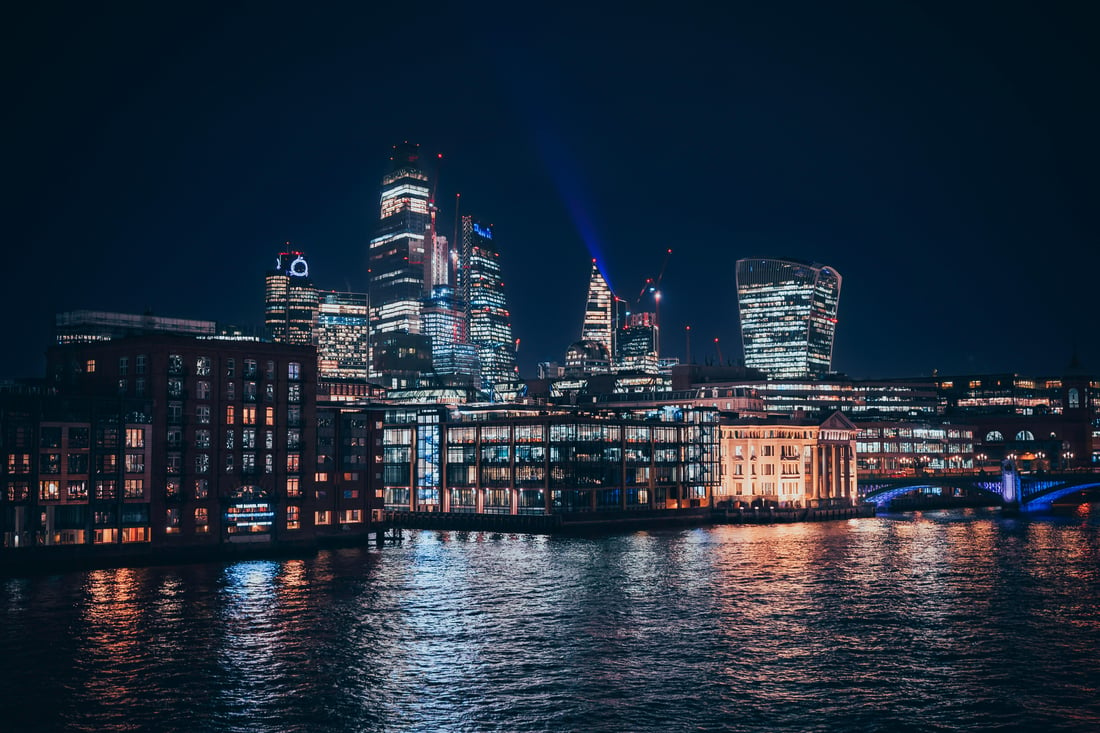Introduction
building electrical inspections are crucial to maintaining electrical safety and preventing electrical-related accidents. They ensure that all electrical components and systems in a building meet safety standards and code requirements. In this guide, we’ll cover the various aspects of building electrical inspections and their importance.
What is Building Electrical Inspection?
Building electrical inspection is a process of examining electrical systems, components, and equipment in a building to ensure that they meet safety and code requirements. This inspection also checks for any potential fire hazards and safety risks caused by faulty electrical systems.
Why is Building Electrical Inspection Important?
Building electrical inspection is essential to ensure the safety of occupants and visitors. Electrical fires and accidents are one of the leading causes of fatalities in buildings, making inspections essential to reduce the risk of injuries and deaths. Additionally, inspections increase the lifespan of electrical equipment, reducing the risk of costly replacements or repairs due to electrical issues.
Who Needs Building Electrical Inspection?
Building electrical inspections are required for all types of buildings, including residential, commercial, industrial, and institutional buildings. The frequency of inspections varies depending on the age and type of building. Newer buildings generally require less frequent inspections than older buildings.
What Does a Building Electrical Inspection Include?
A building electrical inspection includes the examination of all electrical components and systems in a building, such as lighting, wiring, electrical panels, and appliances. Inspectors also check for any visible signs of damage or wear and tear.
When Should Building Electrical Inspection Be Conducted?
Building electrical inspection should be conducted regularly to prevent potential safety risks. The frequency of inspections depends on the age and condition of the building's electrical systems. Generally, inspections should be conducted every few years for older buildings and can be less frequent for newer buildings.
Who Conducts Building Electrical Inspection?
Building electrical inspections are usually conducted by licensed and certified electricians who have expertise in electrical safety standards and codes. These electricians can identify potential safety issues and provide advice on repairs or replacement of faulty electrical systems.
How Much Does Building Electrical Inspection Cost?
The cost of building electrical inspection varies depending on the size and type of building, the location, and the complexity of the electrical systems. On average, inspections cost between $200 and $500 for residential buildings and can be higher for commercial or industrial buildings.
Consequences of Not Conducting Building Electrical Inspection
The consequences of not conducting building electrical inspection can be devastating. Electrical fires and accidents can cause injuries, death, and property damage. In some cases, legal liability can arise if a building is found to have neglected electrical inspections and safety standards.
Conclusion
Building electrical inspections are crucial to maintaining electrical safety in buildings. Regular inspections ensure that electrical components and systems meet safety standards and prevent potential fire hazards. Licensed electricians should conduct inspections regularly to prevent potential safety risks. Keep your buildings safe, schedule your electrical inspection today.

